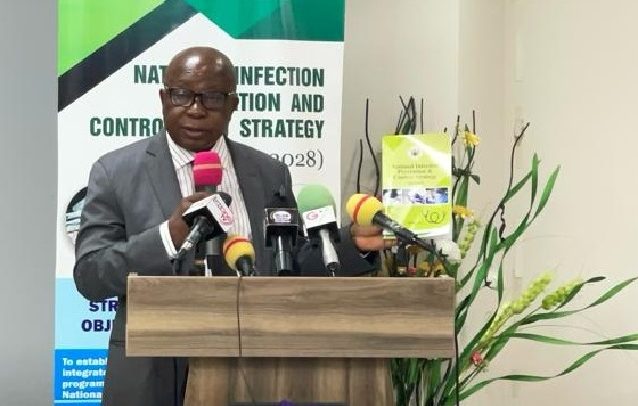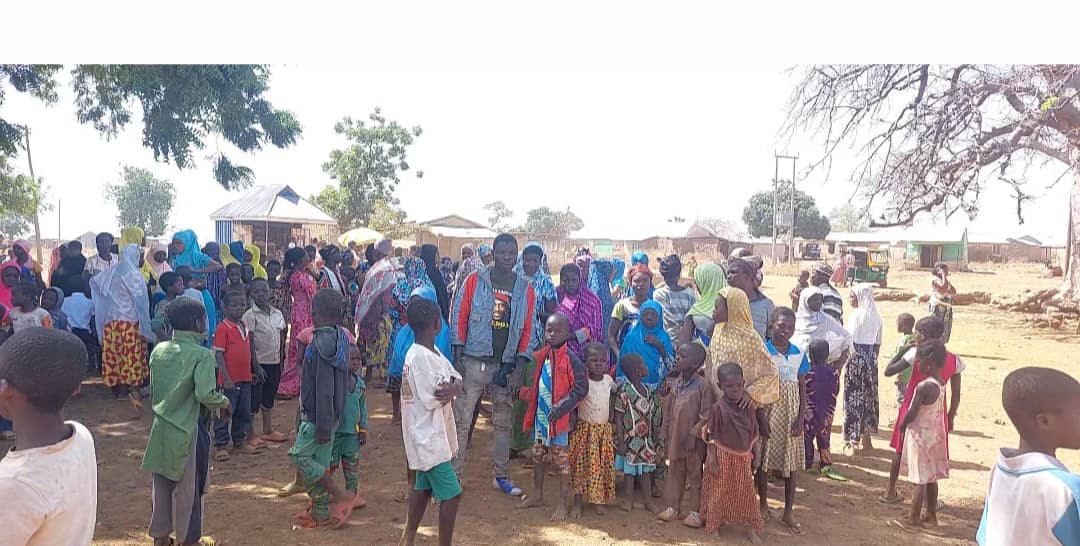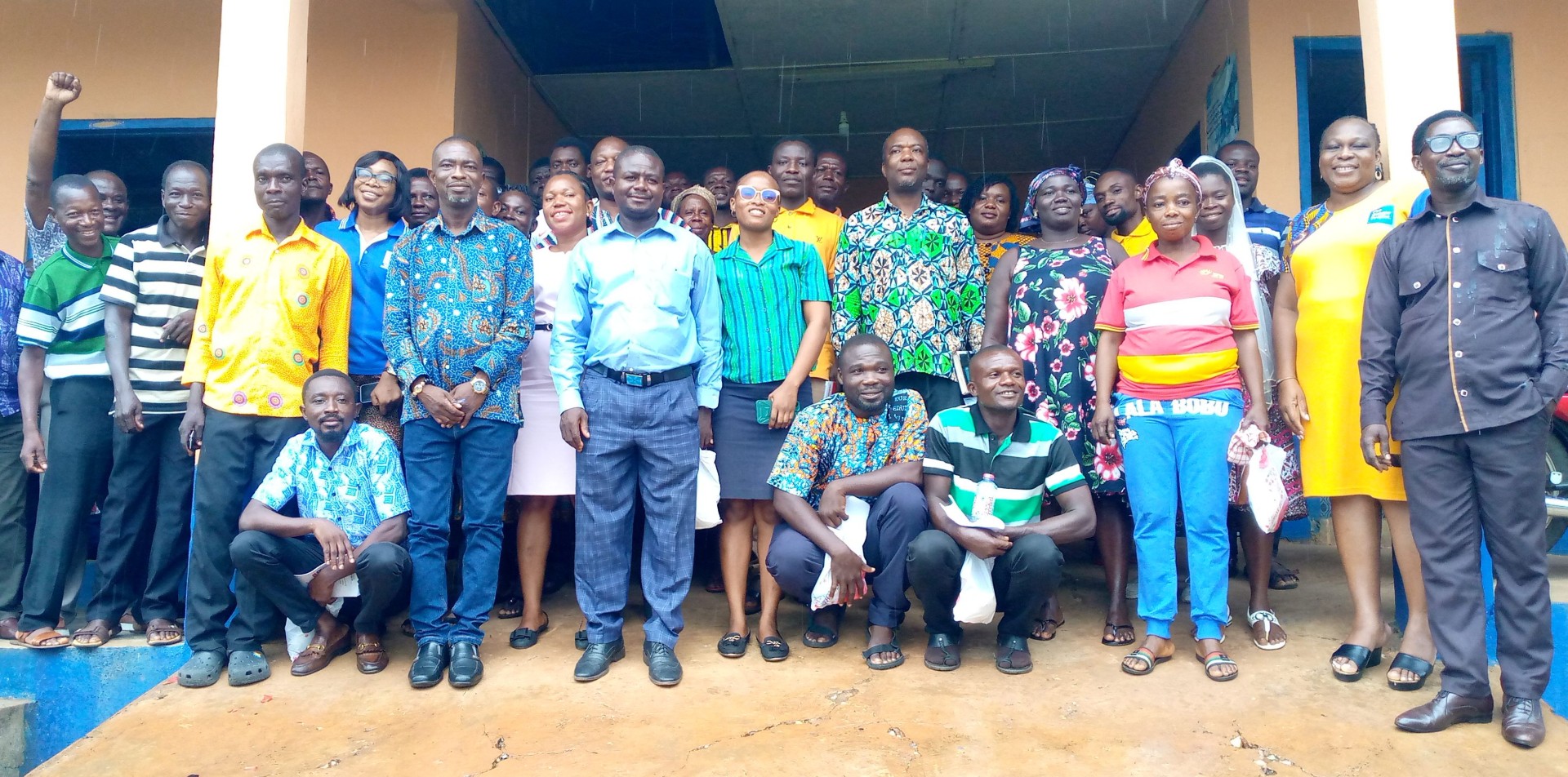
By Stephen Asante, GNA
Kumasi, Oct. 18, GNA - A multi-country study to enhance effective detection of asthma in young adolescents, through the use of modern diagnostics methods, has been launched in Kumasi.
The project, dubbed 'Acacia Study', involving Ghana, Nigeria, Malawi, Zimbabwe, South Africa and Uganda, is targeting young adolescents aged 12-16 and seeks to come out with information to help devise new strategies to optimize treatment and management, for improved asthma outcomes.
Asthma is a health condition in which a person’s airways become inflamed, narrow and swollen with the production of extra mucus, making breathing very difficult.
Professor Emmanuel Addo-Yobo, a Consultant Paediatrician, Komfo Anokye Teaching Hospital (KATH), Principal Investigator of the 'Acacia Study' project, speaking at the launch, said the study was being undertaken in collaboration with the Queen Mary University of London, United Kingdom.
He said in Ghana, approximately one in 10 children in urban areas may have the condition, which could be managed and controlled effectively when diagnosed on time.
However, many of the affected persons, he noted, were uncertain about the diagnosis and the effective ways of managing the asthma condition, leading to protracted periods of ill-health, restricted lifestyles, absenteeism from work and school, amongst others.
Prof. Addo-Yobo indicated that awareness creation in the form of theatre performances in schools to provide appropriate information on asthma to the target group and eventually to the entire population to ensure a better control, is another activity of the study.
More than 25 schools would be used as a case study for the project.
Dr. Dennis Nii Odai Laryea, Head of Non-Communicable Diseases, Ghana Health Service, was hopeful that the study would help find more effective ways to managing asthma in young adolescents.
Professor Yaw Adu Sarkodie, advised Ghanaians to be abreast of the dangers associated with asthma, and strive to lead lifestyles that reduced their susceptibility of contracting the disease.
Read Full Story






















Facebook
Twitter
Pinterest
Instagram
Google+
YouTube
LinkedIn
RSS